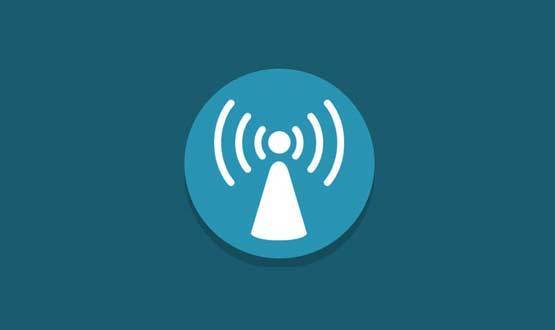The National Information Board has started to lay out the timetable for delivering on health secretary Jeremy Hunt’s promise that free wi-fi for patients will be rolled out across the NHS.
At the public meeting that it scheduled to coincide with eHealth-Week 2016 in London, the NIB was given an update on the work being done to take forward the recommendations of Martha Lane-Fox’s report on tackling digital exclusion, one of which was to roll-out free wi-fi across the NHS estate.
Tom Denwood, the national provider support and integration director at the Health and Social Care Information Centre (which is being renamed NHS Digital) said the aim was to make sure that wi-fi was seen as a “utility” for healthcare.
He said GPs were due a refresh of their NHS broadband provision, and “wi-fi will be rolled out with that.” He said delivering wi-fi to hospitals was “more difficult” but issues of funding would be “worked through this summer.”
He said that by March 2018, there would be a firm target in place to meet the commitment, with GPs having free wi-fi in place by March 2019.
Although the government and central bodies are strongly committed to free wi-fi, the NIB was asked whether it would deliver the benefits claimed and be worth the investment that will be needed.
A questioner asked the NIB board where the evidence base was for the claimed benefits of free wi-fi, including the idea that it would enable patients to be discharged earlier. He also challenged the technology.
“We are in a building about the size of a hospital. Put your hand up if you have a wi-fi connection. That’s one hand,” he said from within a hall at London’s Olympia. “By 2020, we will be well on the way to 5G. We are going to spend lots of money on a system that is not up to it. That’s not a good idea.”
Denwood argued that investment in free wi-fi would be made as part of a more general investment in NHS infrastructure.
The NIB meeting had been due to receive Dame Fiona Caldicott’s latest report on information governance in the NHS, focusing on security and patient consent to information sharing, particularly in connection with the care.data programme.
She said her review had come up with a “simple, single model” for patients to consent to the use of their information beyond direct patient care, but she was unfortunately unable to reveal it.
In response to a question from GP Mary Hawking at the end of the meeting, NIB members admitted this meant that care.data and other programmes waiting on the review would remain stalled.
The rest of the NIB meeting received updates on the many programmes that are now running to deliver on the ‘Personalised Health and Care 2020’ IT framework that was issued in 2015 to support the NHS ‘Five Year Forward View’ plan to deliver £22 billion of efficiency savings by 2020-21.
Beverley Bryant, NHS England’s director of digital technology, said these had now been grouped into ten domains to make their link to the reform programme clearer, with programmes of work left over from the National Programme for IT era wrapped into them where necessary.
The board was also told that a Clinician2020 programme is underway to deliver a short description for medical professionals of what this work would mean for the way that they worked in the future.
A working draft of the NIB’s annual report, which was released during the live-stream of the meeting, also indicates that the digital skills of NHS staff are back on the agenda.
The draft says work is under way to “establish a single, clear set of digital competencies… that can be applied to different areas of the workforce” to identify gaps and training needs.
It also indicates that the NIB’s ‘work stream six’ on ‘supporting care professionals to make the best use of data and technology’ is planning a tender for creating and promoting professional standards for informaticians, and working with the Royal College of GPs on a ‘Faculty of Medical Informatics.’

